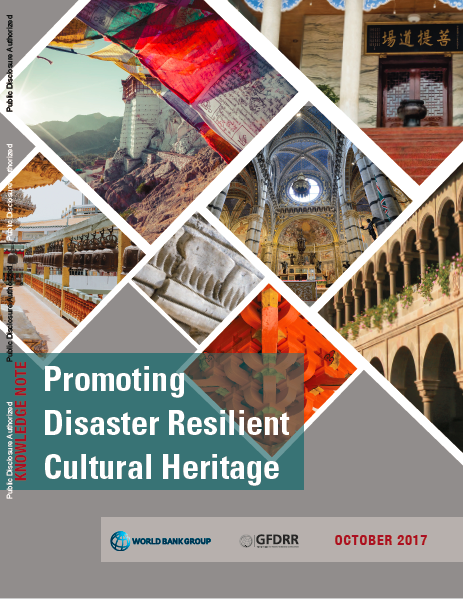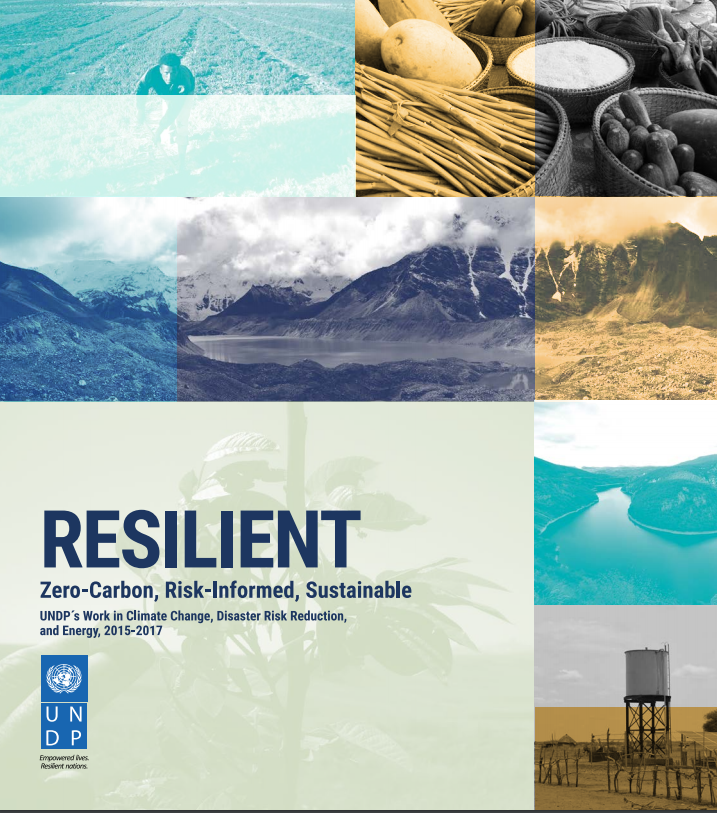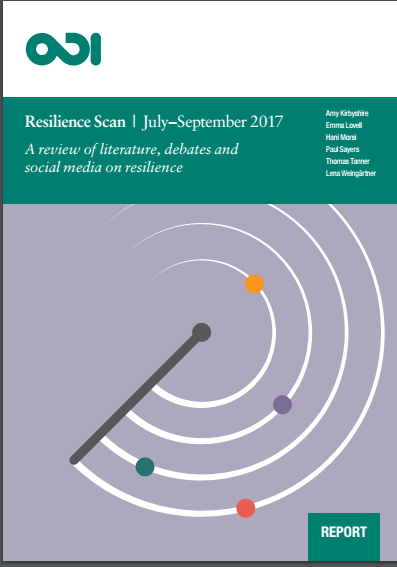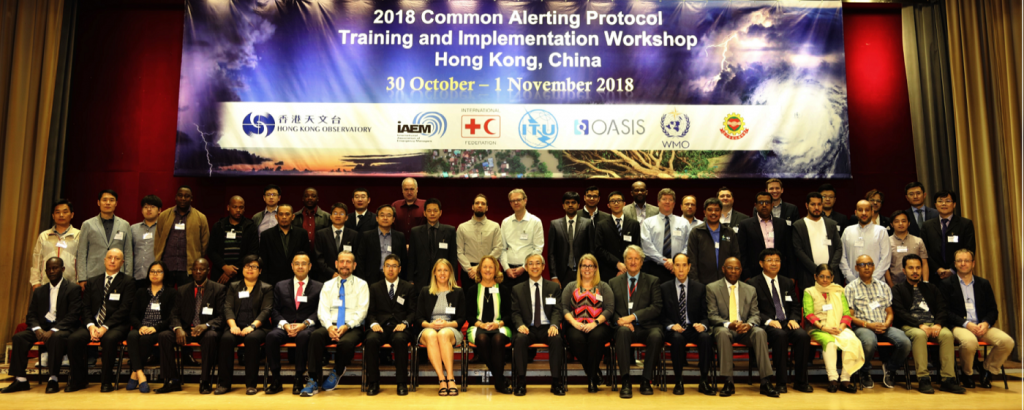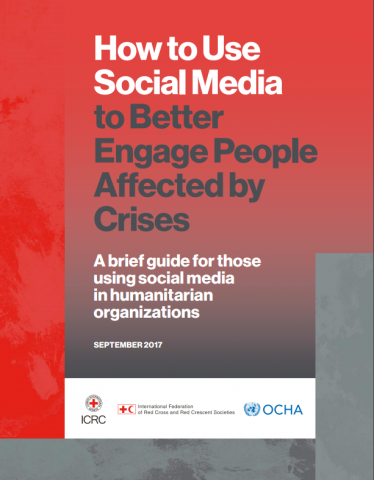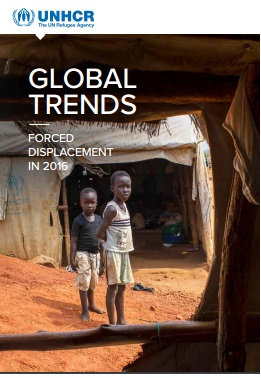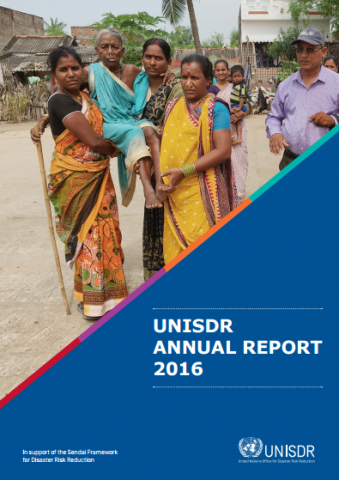Préparation pour une intervention efficace
La Préparation pour une intervention efficace (PIE) est une approche cyclique à l’attention des Sociétés nationales (SN) pour une évaluation, une mesure et une analyse systématique des forces et faiblesses de leur système d’intervention afin de prendre des mesures correctives. Avec l’approche PIE, la SN est aux commandes et élabore un plan de travail qui, une fois mis […]
Préparation pour une intervention efficace Read More »

